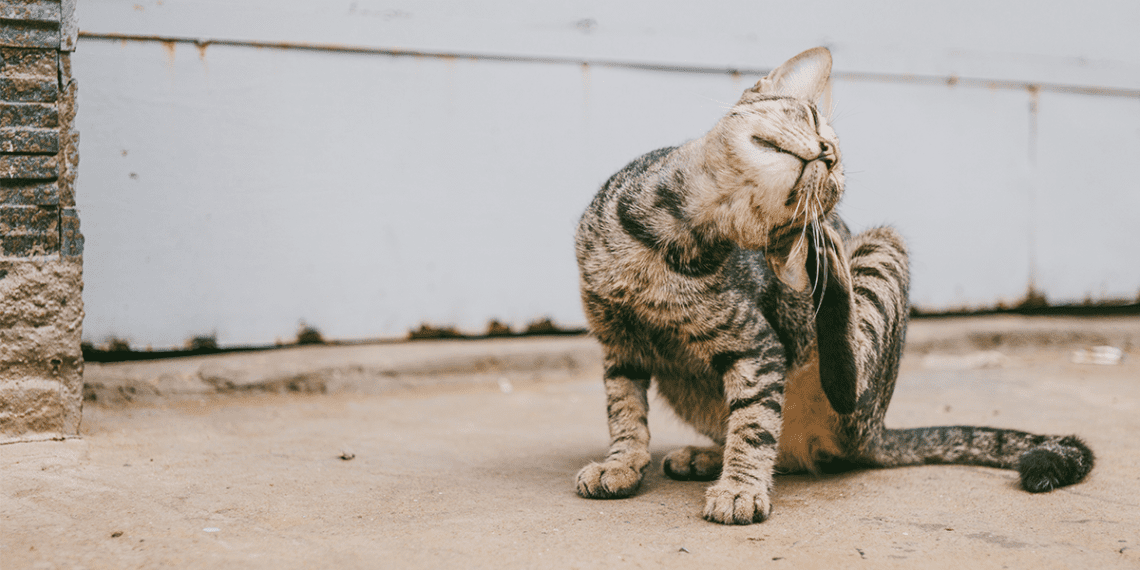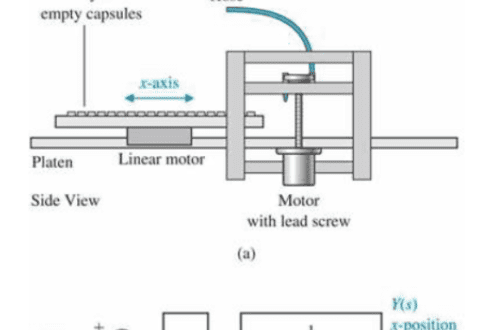
Why does my cat scratch all the time
Scratching a cat behind the ear is a nice and pleasant tradition. But if the pet does it himself and almost without stopping, you should be wary. We tell you why the cat itches and how to stop it.
vermin
The first step is to examine the cat – fleas, lice and ticks are usually visible to the naked eye. To eliminate them, you will need special sprays, shampoos or drops, and in some cases, for example, if the cause is fleas, also home treatment with special products. Don’t expect your cat to stop scratching right away – the reaction to flea bites lasts up to a month and a half.
A pet can suffer from parasites even if there are no fleas outside. The cat also itches with helminthiases – in other words, worms. Their presence in the body is also indicated by loss of appetite and decreased activity. Consult your veterinarian for a generic anthelmintic or a specific type of worm.
skin diseases
Any damage to the skin can lead to the ingestion of fungi and the development of ringworm – for example, ringworm. It causes redness and peeling of the skin, as well as hair loss in the affected area. Combing and licking only worsen the situation, so the cat needs to be urgently taken to the doctor.
Treatment of any skin diseases should be comprehensive: vaccines, antifungal tablets and ointments, immunomodulators. And in order to relieve severe itching and the need for combing, anti-inflammatory drugs are prescribed.
Otitis
If the cat’s ears itch, it may be a sign of otitis media. Examine the pet’s auricles: normally, no discharge appears from them and puffiness does not appear. In most cases, the focus of the disease is the outer ear, but without treatment, the inflammatory process can also move to the internal parts.
Due to periodic “shots” in the ears, the pet becomes restless and irritable, suddenly jumps or rushes from side to side. To relieve the pain syndrome, the veterinarian may prescribe a novocaine blockade, and the complex treatment of otitis media will take 10-14 days.
Hormones
Constant scratching can be associated in a cat with disorders in the endocrine system:
Diabetes
All types of this disease in cats cause itching, dry skin and mucous membranes. If the pet began not only to itch, but also to drink a lot of water, go to the clinic to be tested for hormones and undergo an ultrasound examination.
Cushing’s Syndrome (Fragile Skin Syndrome)
When cortisol levels are high in the blood, the skin becomes dry and easily damaged. Scratches, bruises and erosion cause the animal to itch endlessly, but the main threat is muscular dystrophy. Only a lifelong intake of hormones and, if necessary, removal of the adrenal glands can save the cat.
Gipotireoz
Sometimes older cats can no longer groom themselves as well as they used to, causing their coats to tangle.
Allergy
A contact allergy can be caused by a flea collar – if the cat scratches the area around the neck, it will have to be discarded. Respiratory allergies are caused by breathing in dust, pollen, mold, or chemical powders. And some proteins in cat food contribute to the development of food allergies.
Do not rush to get antihistamines if the cat itches. How to treat a pet, it will become clear to visit a veterinarian and the necessary tests. It is possible that no treatment is needed at all, and the allergy will go away immediately after the change of food.
Stress
A change of scenery, moving to a new apartment or the arrival of a new family member can negatively affect the psychological state of the pet. Cats that feel anxious begin to actively lick and scratch – this is how they temporarily create a comfort zone for themselves with a familiar smell.
Distract your cat from scratching by playing together, talking to her in a soft, calm voice and maintaining tactile contact. If this does not help, work with your doctor to decide on a treatment such as herbs, pheromones, or antidepressants.





